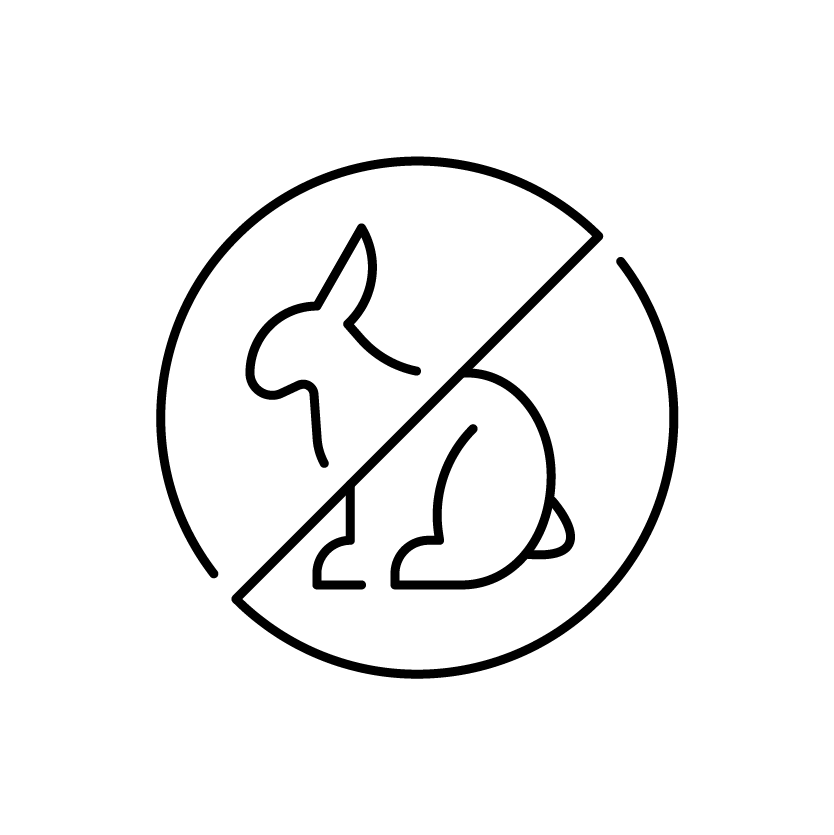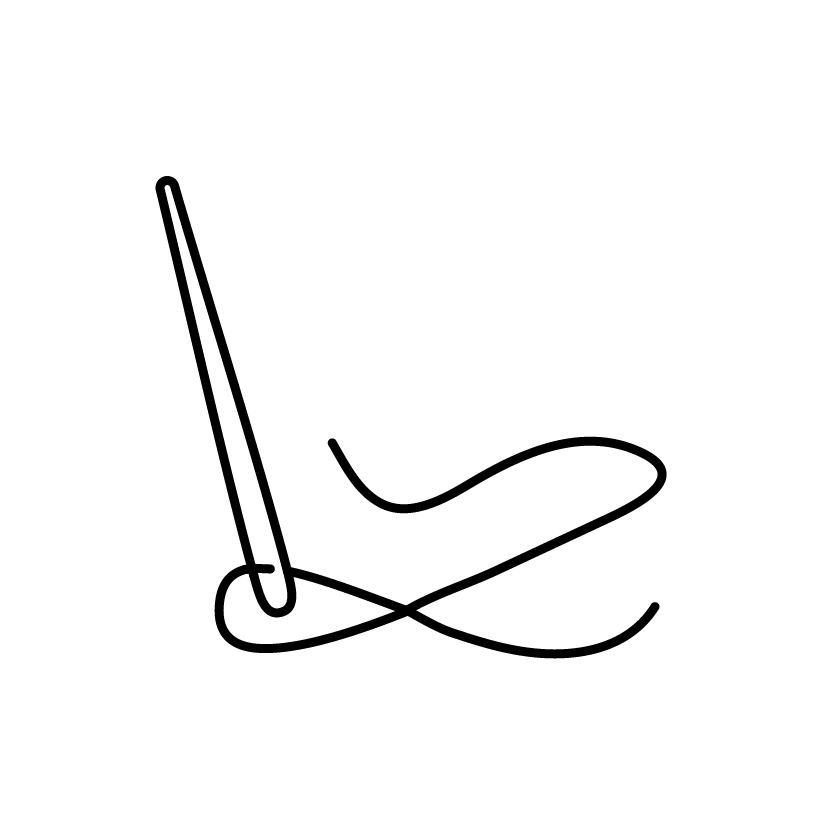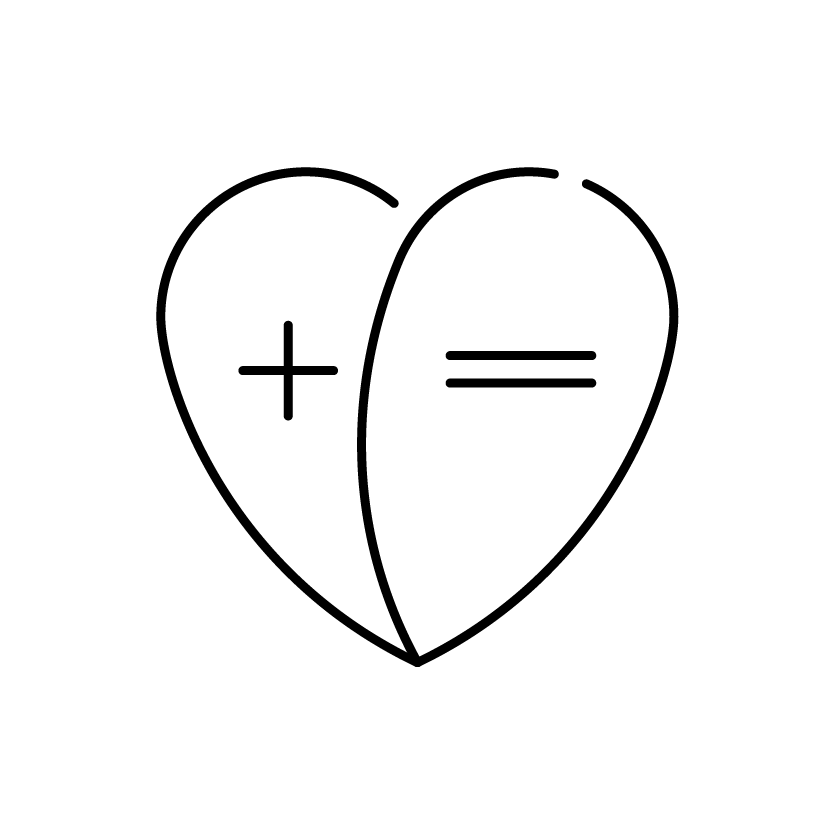Shakti Mats
Location
New Zealand
Made In
India
Values
“Shakti Mats started as more of a project than a business – we really didn’t see it going where it went. It was a combination of the influence of finding something that we absolutely loved ourselves, something we couldn’t stop showing people and talking about and a curiosity about what went into starting a business, and whether it was something we could do on the side of our uni studies.”
– Jon Heslop, co-founder of Shakti Mats.
Founded by Jon Heslop and George Lill, Shakti Mats is an ethical and sustainable company providing consumers with ethically-made acupressure mats that encourage restful sleep, melt away tension and relax the mind.
Benefits of the Shakti Mats
Based on the Indian bed of nails, the Shakti Mat is an acupressure mat that relaxes your body and your mind. For context, acupressure is an ancient healing art that dates back thousands of years. The Shakti Mats are an overall wellness tool, and can be used to support deep and restful sleep, encourage healthy circulation and muscle recovery, relieve the user from pain and discomfort, and provide relaxation. Nope, it’s not too good to be true.



Environmental Responsibility
Shakti Mats is also wholly dedicated to environmental responsibility. All Shakti acupressure mats are ethically hand-made from organic certified cotton, are dyed with plant-based dyes, and utilise first-class, non-toxic ABS Plastic for the acupressure spikes. Shakti Mats also reduces its carbon footprint by donating to Cool Earth, a charity that focuses on protecting rainforests and fighting climate change.
Ethical Production
Meaning “the divine feminine power”, “Shakti” is a feminine principle in Sanskrit. So, it’s only fitting that the Shakti Mats are made in the country by which they are inspired, and that every part of the creation process empowers the women who create them.
“Everything here is rooted in tradition and craftsmanship. The sewing machines are manual operated by foot pedals, the screen printing happens through a delicate layering of plant based dyes over organic cotton trimmed by heavy metal scissors. Each spike is affixed by hand. In Varanasi, Shakti hires only women. It is our way to empower women in rural India to give them choice, purpose and community.”
The Shakti Mats are hand-crafted in the holy city of Varanasi by 72 women in an all-female purpose-built workshop, and every one of these talented women is paid a living wage, sick and holiday leave; provided with daily meals, puja, and free medical; and an emergency medical fund for both them and their families. Shakti Mats has also provided private school funding for 8 of its employees’ daughters, and they’re only looking to grow this number further.
Shakti Mat’s production has also expanded to Delhi. When this occurred, Shakti’s main goal was to “create a working model that catered to the individual needs of the craftspeople”, which meant focusing on family empowerment, financial independence, and flexible working hours. The Delhi team is paid with a living wage, overtime pay, and end of year bonuses, as well as medical insurance for the workers and their families. Shakti Mats even distributed €10,000 directly to the Delhi team to assist them and their families throughout the COVID lockdown.
Led by Jon and George, Shakti Mats is a purpose-driven company doing profound good. This is a business committed to empowering their talented workers, utilising organic and non-toxic materials, tackling climate change, and providing consumers with a tried-and-tested tool for overall health and wellbeing.
Want to know where Shakti Mats sits and what they’re working on in terms of these 5 values? Hover over these values to find out.
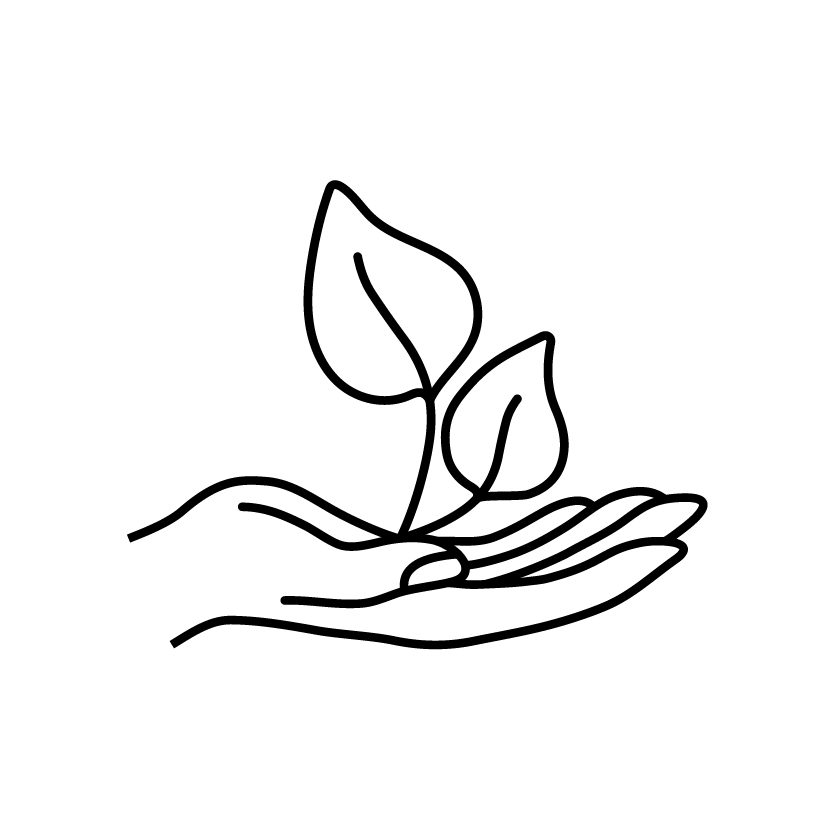
Eco Friendly
All Shakti Mat brochures and flyers are made from Cocoon 100% recycled paper. Cocoon paper is manufactured using a totally chlorine free process, 100% post consumer waste and is certified through the Forest Stewardship Council (FSC) Recycled Credit program. Shakti Mats are posted out in either cardboard boxes, or 100% recycled plastic mailer bags. Shakti opts for shipping product from India (where possible) rather than flying, to reduce emissions - although these are offset with other initiatives.
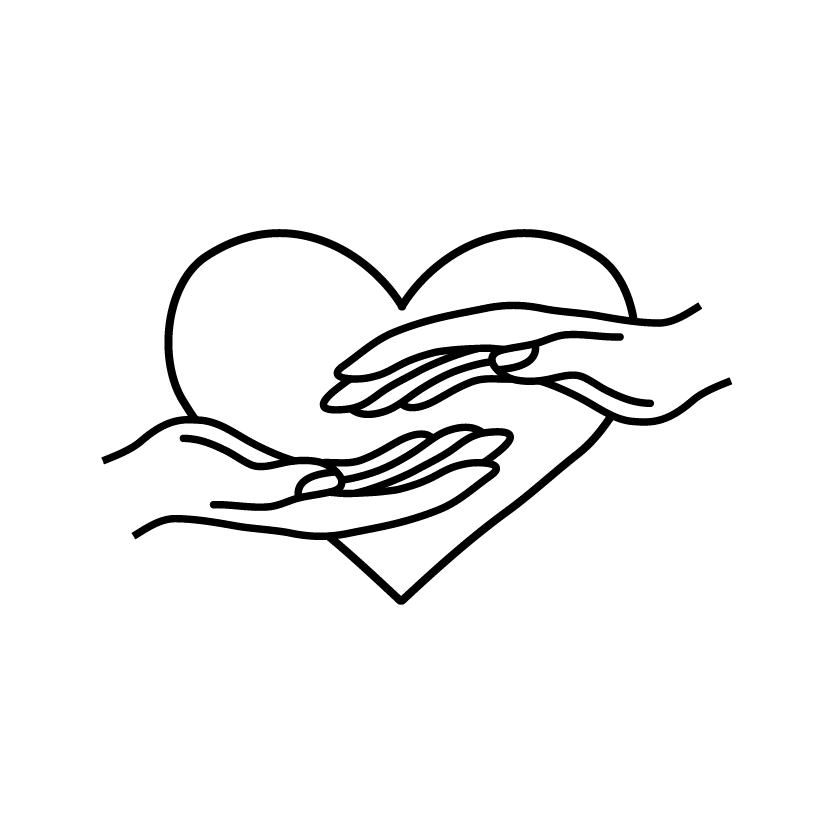
Fair
All Shakti Mats are handmade in Varanasi and Delhi, India. Over 72 women are employed and paid a living wage (based on the concept that work should provide an adequate income to cover the necessary living costs of a family).
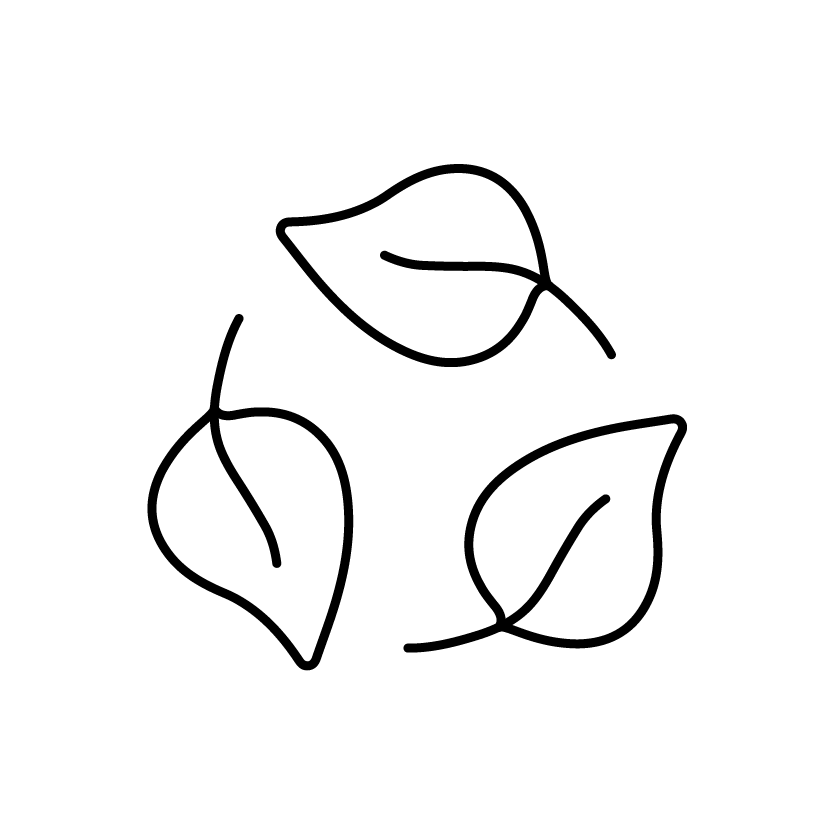
Minimal Waste
The heartbeat of the brand is ethical manufacture, but there are still efforts to ensure each touch point of the brand is sustainable. Any plastic that arrives at Shakti from other companies, is generally reused or re-purposed. Shakti products that are not up to standard for retail, are donated to local charities or groups.
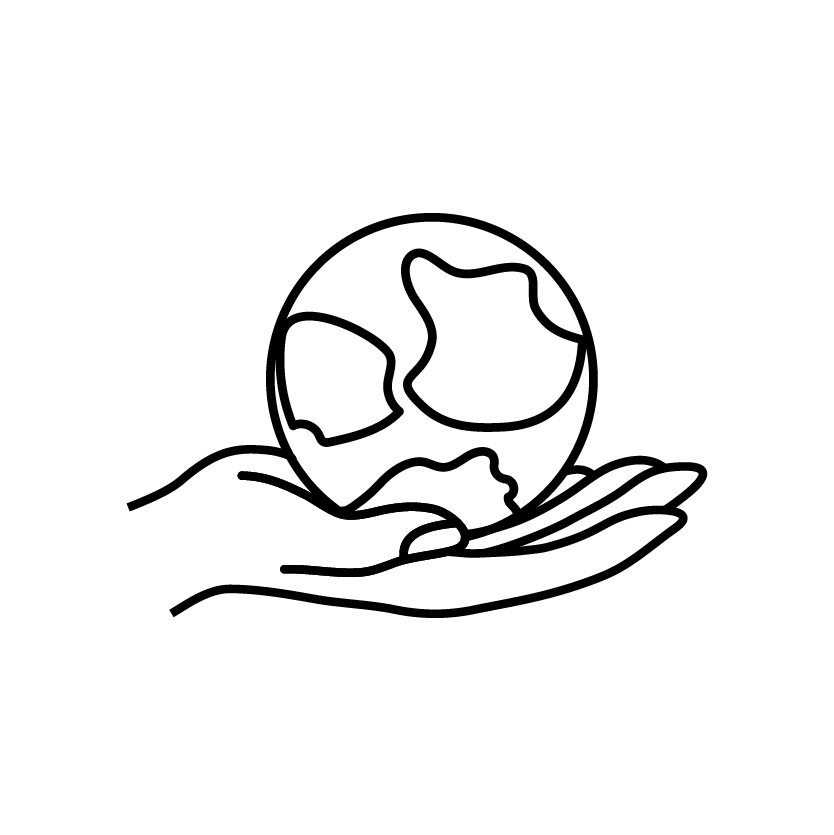
Give Back
10% of all Shakti Mats profits go to Charity. We currently have 4 charities that we are donating to: Against Malaria Fund, Cool Earth, Deworm the World, and Workers Welfare Fund. Customers get to choose which of the 4 charities their purchase contributes to after they purchase.
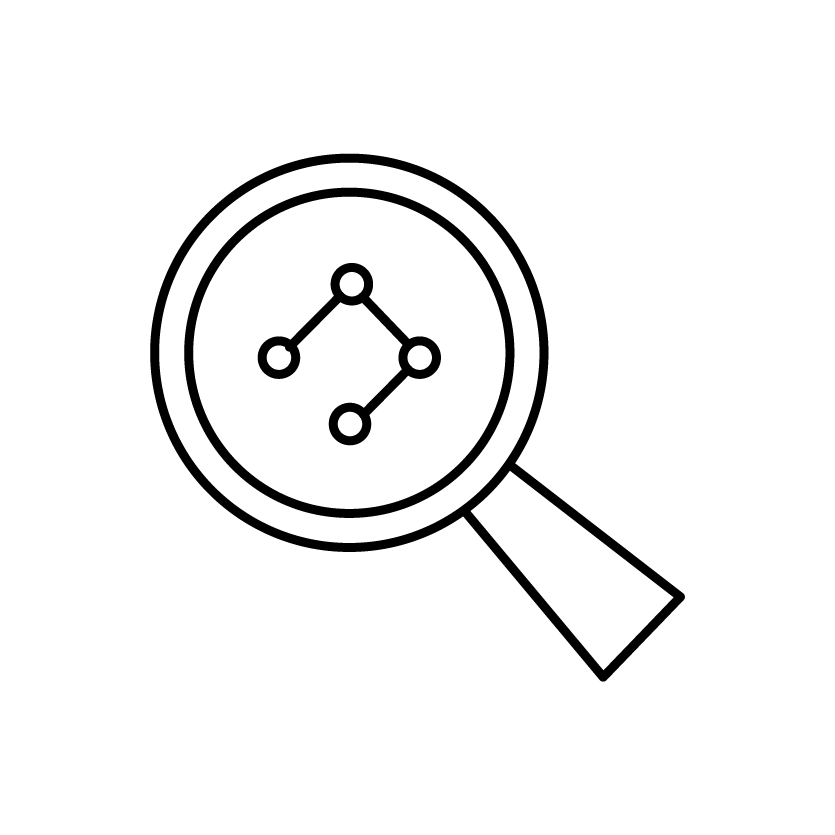
Transparent
Most materials are from the Gratitude Workshop itself, while other materials are sourced from other areas in India. We are currently working on ensuring all our values are met from farm to factory, and it's an on-going process!
Behind the Brand
“I’ve heard that a business is the ultimate expression of your personality, the way it behaves reflect your own values. But I think too that this goes both ways - you shape the business and the business shapes you”.
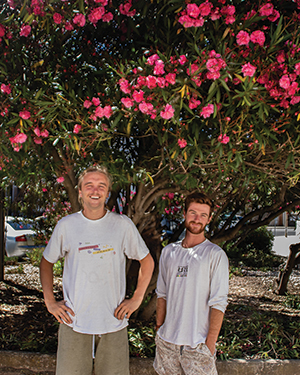
What made you start Shakti Mats?
Shakti Mats was started as more of a project than a business- we really didn’t see it going where it went. It was a combination of the influence of finding something that we absolutely loved ourselves, something we couldn’t stop showing people and talking about and a curiosity about what went into starting a business, and whether it was something we could do on the side of our Uni studies.
What has been the most challenging thing you have uncovered since the beginning?
I’ve heard that a business is the ultimate expression of your personality, the way it behaves reflect you own values. But I think too that this goes both ways- you shape the business and the business shapes you. Our growth, inside such a short time frame, has forced an enormous about of personal growth to follow it. We’ve had a lot of the trials in terms of responsibility, high pressure decision making, delegation standing inside our values on ethical production etc. that many people won’t face until they have children, buy a house or reach the higher places of their career.
I joke that is aged me 10 years emotionally but only 5 visibly. So its a win all in all.
Within the ethical fashion community, there’s a big question that we ask which is ‘who made my clothes?’. In the scope of Shakti Mats, who made your acupressure mats? Can you tell us a bit about them?
I’m proud to.
The heart of our production happens in the holy city of Varanasi India. Hidden amongst the dusty crowded streets is our quiet refuge of the Gratitude Workshop. At 10am the doors swing open and 72 women arrive to begin their day working carefully, lovingly, to craft by hand Shakti Mats which will eventually find their way to the hands of a lucky kiwi. Everything here is rooted in tradition and craftsmanship. The sewing machines are manual operated by foot pedals, the screen printing happens through a delicate layering of plant based dyes over organic cotton trimmed by heavy metal scissors. Each spike is affixed by hand. In Varanasi, Shakti hires only women. It is our way to empower women in rural India to give them choice, purpose and community.
Gratitude goes both ways in this special place. The women craft beautiful products with love. In return we are care for them like family. We provides excellent pay, flexible and fair hours, a nutritious daily meal, and a work environment that has a sense of peace and harmony in it. If the women are sick Shakti will take them to a doctor and pay for their medicines. If a tragedy strikes an employee’s family, Shakti has a fund to support them through to the other side. Gifted young girls from the families in the most need are provided with scholarships to attend private school throughout the entirety of their education.
We visit the Workshop personally regularly, and stay in the Workshop for days at time. On our last trip they gifted a beautiful Sari to each women and thanked them through a message translated to Hindi.
Its incredibly moving to meet the women behind the Shakti Mats. Through the tough times in the business visiting there reignites the passion to keep doing what we are doing.
With the growth of the company we are expanding our ethical production to Delhi where we are carrying the core values of fairness, care, and support for our employees. Already some of our products are coming from here and we’re just as proud of what we have achieved thus far in Delhi.
Why did you pick the fabrics or materials that you have chosen to work with?
Organic cotton is a big one. Its good for the environment, healthy for user, but for myself personally the big one is the people picking the cotton. It is a highly manual task and there is a lot of exposure to the plant, personal protection for workers can be questionable. My Dad is a farmer, and works with spray. He has always warned me so gravely not to be around the chemicals when they are being mixed or the fields soon after they are sprayed. It makes sense for me to work with organic cotton for this reason alone, supporting healthier work conditions for people picking it.
Organic dye is a great one too… its just better.
We use ABS plastic for the spikes (the same that lego is made from) and we occasionally receive criticism about the use of plastic. The same can be said for the ‘bedding quality’ foam inner. For me, we’re making products that will last and exceptionally long time and provide an exceptionally large amount of good. Our mats aren’t disposable or filling up landfills and that is the real problem. Care for them and you won’t ever need another. It justifies the use of plastic and foam to keep doing what we are doing until a viable alternative presents itself.
Best piece of advice you have ever received?
It changes regularly but right now I like the idea presented in “Man’s Search for Meaning” that you cannot control what happens to you. But you can control how you respond to it. No one can make you feel a particular way and it is always your choice.
Its a terrifyingly true piece of wisdom which implores you to take control of your life and not become a victim.
“With great responsibility comes great power”
Why was it important to you to make your brand ethical?
I don’t think a life dedicated to making money in itself is ever particularly fulfilling. There needs to be a bigger purpose. We found that in Shakti. A product that is made ethically, that helps and heals people. Its a big tick from us.
We need to reconnect with the people who make our things. We also need to reconnect with our bodies and our natural internal healing processes. The Shakti Mat faciliates both these things. That is far more rewarding than profit.
What is something others wouldn’t know about starting an ethical business that you think they should?
A big one we’ve learned recently is that what is considered “good” or “fair” varies. Expanding our production over the Delhi from Varanasi we thought would be a copy and paste exercise of all the conditions. When we flew there we realised that this wouldn’t work. People have different wants and different needs, often our New Zealand centric idea of what is best doesn’t cross over culturally, and you can do more harm than good enforcing what you think is right.
It starts with listening. Listening to the people, meeting them and understanding their needs. Only then should you begin actioning anything.
One tip you’d give to others who are wanting to start their own business?
Keep your receipts, file them properly, right from the start. The amount of time I have spent trying to find a particular receipt from 4 months ago is mind-boggling. Make it a habit you will save yourself a lot of headaches down the track.
Where do you envision Shakti Mats in the future?
We want to take the awareness global. There is a lot of people who would really benefit from having a Mat. We want to stay true to our values of making good products in a good way that actually help people, and to build and reinforce our efforts here as we grow.
What or who inspires you to do what you do on a daily basis?
The two things that give me the most drive towards what I do are:
- The reviews we get from customers. Truely, some of them are overwhelmingly positive. Reading reviews where people have passionately told us about how the mat has finally allowed them to sleep the whole night, or changed their life in some significant way, makes me feel so inspired.
- Visiting the places we produce in India. Seeing the smiles and the warmth in those places is totally uplifting.
Do you have a morning routine? If so, what is it you do to set yourself up for the day ahead?
Yoga. Gratitude Journal. Soaked Oats. Coffee. Read. Start the day already feeling accomplished.
One book everyone should read? Why?
“The Subtle Art of not Giving a F*ck”
Of all the self help books I’ve read this one is the most accessible and carries all of the most important messages. A great starting place on a journey of personal development.
One documentary everyone should watch? Why?
Planet Earth II series with David Attenborough. To fall in love with our planet.
Are there any other Movers & Shakers out there in your world that you think people should know about?
Absolutely.
Jayden Klinac – For the Better Good
Incredible man doing incredible things with plant based plastic.
Eva Campbourn & Nick Williamson – Grumpy Suns
Hemp based clothing
Not sure of the people behind this one’s names but Duffle & Co.
Ethically made bags and clothes.
A lot of people out there fighting the good fight.

